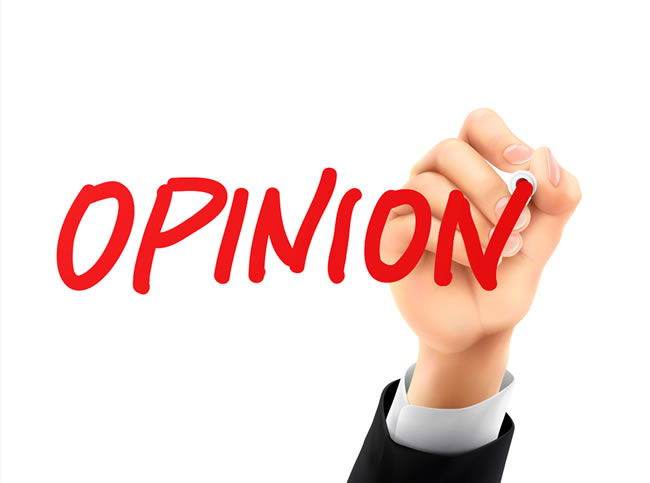THE controversies surrounding the assent to the Electoral Act Amendment Bill by President Muhammadu Buhari may have to some extent subsided by now. The president failed to assent to the bill on the 19th December, 2021 deadline provided him by the constitution of the Federal Republic of Nigeria (as amended). The bill was presented to the president on 19th November, 2021 after being passed by both the Green and Red Chambers of the National Assembly, whereas the constitution gives him 30 days within which to assent to not only the Electoral Act bill, but any other bill passed by the National Assembly for it to become law. A bill can however become law even when the president withholds his assent, but when overridden or passed by each chamber of the National Assembly by two-thirds majority, thus the bill shall become law and no assent of the president is therefore required constitutionally. The Electoral Act Amendment Bill seeks to provide for direct primary by the nation’s registered political parties that could give credible, real, not imaginary candidates, unlike indirect primary conduct where undesirable candidates could simply be picked through consensus or proxy, to fill our legislative seats, only to be rubber-stamp to the executive or self-aggrandized.
The president could have fulfilled his pledge of providing through the electoral umpire, a credible, free, fair and transparent general elections in 2023, having had the opportunity to be presented the Electoral Act Amendment bill by the National Assembly that laboured thoroughly on the Act to the advantage of the electorate and the nation’s nascent democracy. Buhari had, during his 2015 electioneering campaigns, promised to victor electoral reforms that would entrench a legacy of fair, free and credible elections, which Nigerians have for decades been yearning for, when he assumed the mantle of leadership in the country, which apparently paved the way for his victory at the polls that year. With the Electoral Act Amendment bill by the National Assembly, therefore, President Buhari has been given the chance to bestow that legacy to the present generation of Nigerians and indeed the yet unborn, that could have reduced to the barest minimum or completely eliminated electoral malpractices in the nation’s electoral psyche.
It will be recalled that the November 2021 Amendments Act was not the first time the act was amended, passed and presented to the president for his assent: the opportunity was first afforded to him in 2018 prior to the conduct of the 2019 general election, but he deliberately declined assent on the queer defense that the document was perfected close to election year, 2019. The election however turned out to be the worst in the history of the country. Incidentally, the president had seemingly wasted an opportunity to bequeath to Nigerians a durable legacy of free, fair credible elections which he publicly pledged and vowed to conduct at an international forum to the earshot of global leaders and community. Buhari’s pledge of strengthening democratic institutions such as the Independence National Electoral Commission (INEC) is also nowhere traceable. Another envisaged setback for the country to have free, fair and credible elections is the temperament of both the upper and lower chambers of the National Assembly to the Electoral Act. Those are the 469 supposed wise democrats, representatives of over 200 million Nigerians that are mandated to chart the course of citizens and salvage them from poverty. They simply succumbed to the antics of the Executive arm, being a mere rubber-stamp.
With the withholding of the president’s assent to the Electoral Amendment Act, the supposed democrats should have overriden the president’s veto to again pass the bill with two-thirds majority of each of the two chambers to bestow a lasting democratic legacy to the generality of Nigerians and the yet unborn, thereby making their representation felt globally, as well as sure tickets not only to the year 2023, but till eternity. The so-called predictions of free, fair, transparent and credible forthcoming general election by my octogenarian president may be futile. It is perhaps the appropriate time, when our representatives to the law-making bodies were on recess, to fanatically pray that when they resume at the chambers, they would reconsider and override the president’s veto with the sole objective of entrenching not only democratic reforms and norms into the electoral umpire or arbitrator, but also a legacy of enduring democracy accompanying free, fair, transparent, and credible elections in the country.
The president’s recent predictions on the conduct of the 2023 polls could be weak, taking into cognizance his 2015 electioneering campaign pledges and promises, particularly of ending the menace of Boko Haram, putting the nation’s economy on a sound footing, and salvaging the down-trodden masses from the shackles of poverty and want. The president’s think-tank is now lording it over the Nigerian masses, with the planned increase in taxation, the day-to-day massacre of citizens across the six geo-political zones of the country, the markets galloping inflation, the bodily stricken poverty among masses, the siphoning of public funds by powers that be, coupled with unprecedented unemployment among youth and women, as well as foreign indebtedness.
- Doya, a Bauchi-based journalist, writes in via kidrisdoya200@gmail.com






